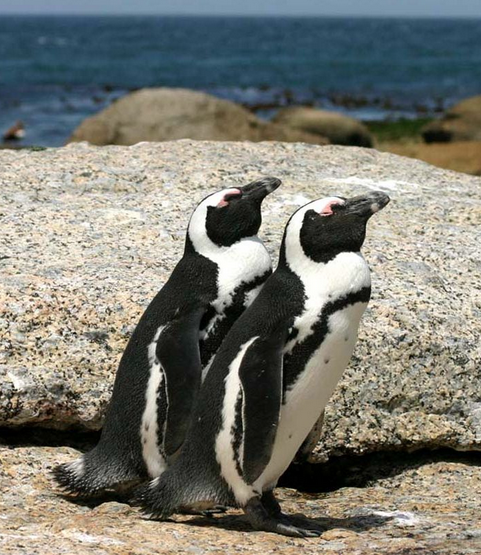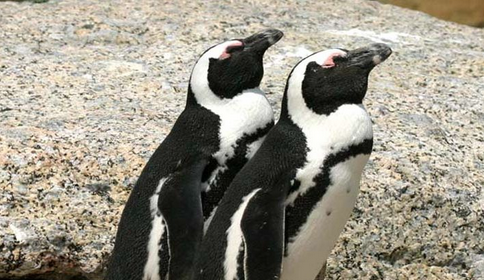Not satisfied with endangered Turtles and fish in their Aquariums, a recent leak shows just how tenacious the Chinese have become in their quest for rare and exotic aquarium animals. Chinese company “Welwitschia Aquatic and Wildlife Scientific Research” has applied to the Namibian Government for the yearly live capture and export of the following animals.
* 10 Orca (Killer Whales)
* 500-1000 Cape Fur Seals
* 300-500 African Penguins
* 50-100 Indo-Pacific Bottlenose Dolphins
* 50-100 Common Bottlenose Dolphins
* Various Sharks and other species

In a leaked document, the company claims it will “help Namibia sustainably harvest excess marine mammals in a humane manner, which instead of killing, will consist of the live exportation for such marine life to add value to other cultures and markets as well as breed and increase in such new habitats (sic).”
The company further claims that “the Namibian fish catches are on a “downward spiral” in recent years, partly because of overprotected cetacean and pinniped species that have increased “dramatically” and they are preying on a large number of fish. This state of affairs has led to dramatic reductions in the available fish numbers in the Namibian waters,” the proposal reads.
Such assertions however cannot go unchallenged. While fish harvests per boat / hour have reduced in Namibia, this is largely due to overfishing. Namibia has issued far too many fish quota permits, especially to Spanish and shell companies, and this is what has impacted the fishery the most. Animals such as Dolphin, Seals, Orca, Sharks and Penguins are just part of a healthy ecosystem. To blame them for the fishery collapse is disingenuous to say the least.
Secondly, the request fails to address the conservation status of most of the target species, which reads like a “who’s who” of endangered marine life – Cape Fur Seals, African Penguins, Orca, Fin Whale, Pygmy Sperm Whale, Rough-Toothed Dolphin, Heaviside’s Dolphin – All are on Appendix I or Appendix II of CITES, which should afford them significant protection. Namibia of course has a long history of ignoring CITES with their Seal Clubbing industry that kills around 90,000 seal pups per year.
In many ways the USA led the way on Cetacean and pinniped Captivity, and now China is taking over. SeaWorld, SeaQuarium and the Atlanta Aquarium raped and pillaged marine ecosystems globally, but the Blackfish effect and increased awareness among US Consumers has seen such Animal Amusement Parks fall from favour. Just last week a bill passed in California banning the breeding of Captive Orca. SeaWorld Share price is on a downward spiral. SeaQuarium at times now resembles a ghost town. Conservation and Animal groups have welcomed the fall from grace of such organisations. It would seem however that China is taking over, and what we are seeing may make Sea World’s efforts look insignificant in comparison.
